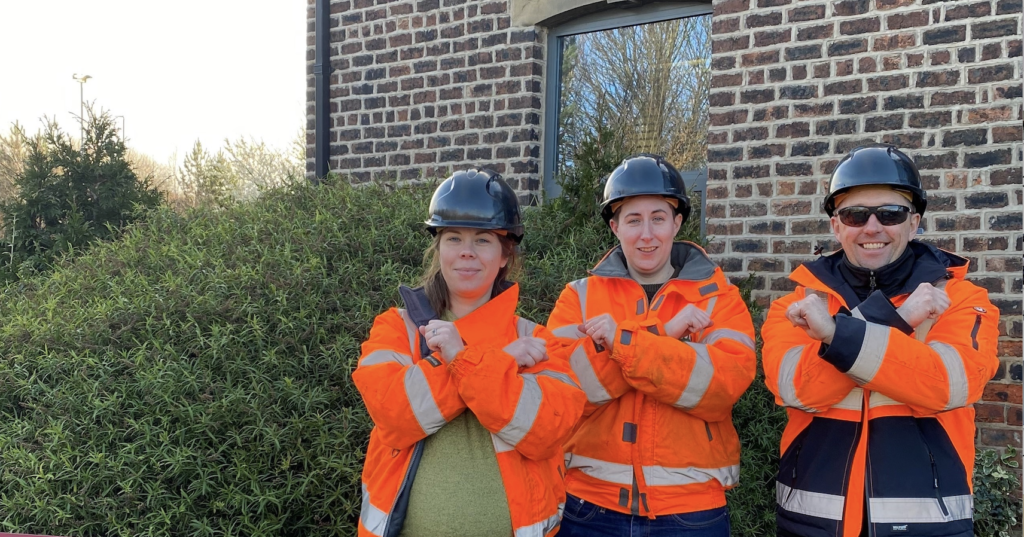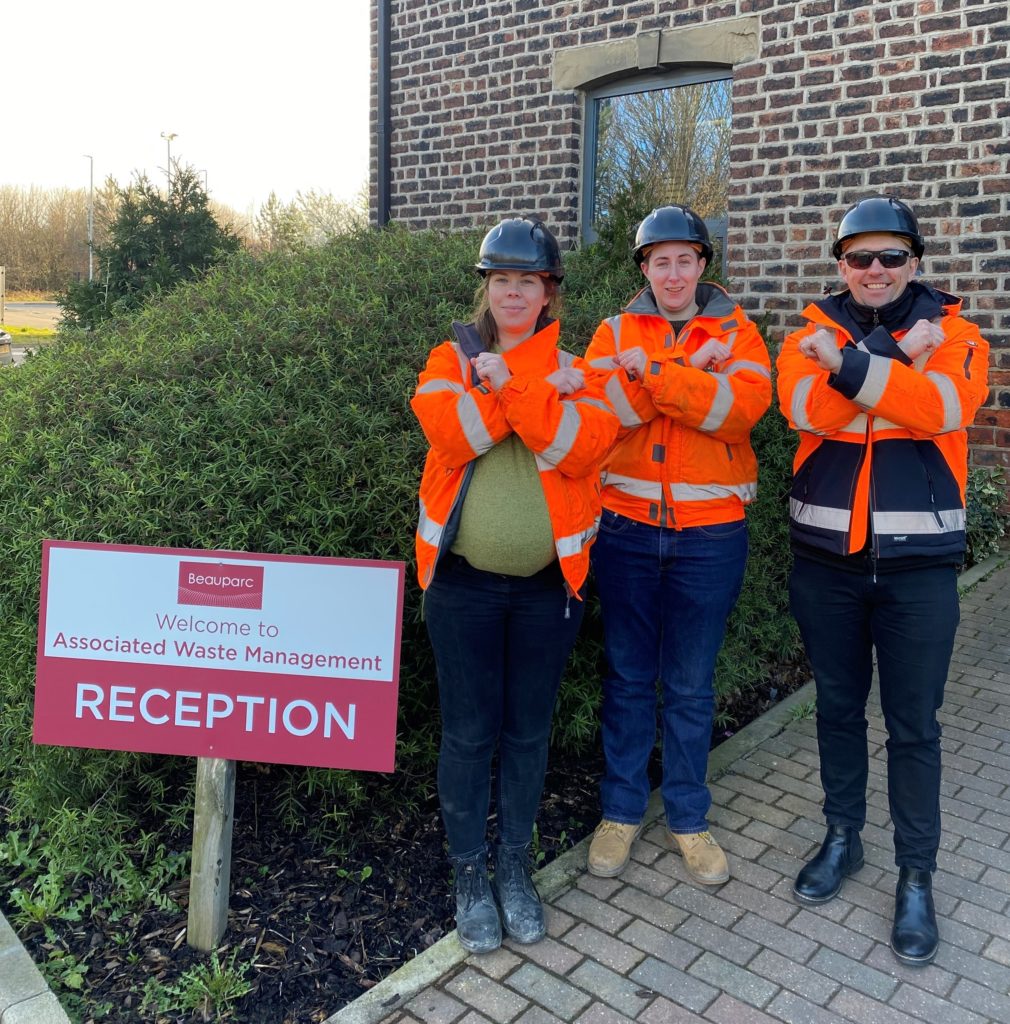International Women’s Day – Q&A’s with Kim Aukland, UK Group SHEQ Manager


We meet with Kim Aukland to hear her thoughts on International Women’s Day and some of the challenges she’s faced during her career.
• Why do you think it is important to celebrate International Women’s Day?
It is important to celebrate because it highlights all the hard
work that has taken place to achieve an equal society for
women, it is important to recognise that women are as
capable as men and should be given the same opportunities and should be
celebrated for this.
• Have you faced any barriers in your career due to being a woman? If so, how did you overcome them?
I have built a career in a male dominated environment, starting in the Waste Industry
at the age of 21 I had to develop a ‘thick skin’ very quickly, there weren’t other
women in managerial roles and it was challenging to build that respect with male
counterparts. I was labelled the ‘bosses daughter’ by someone just because I was
young and managing a waste site, of course I wasn’t the bosses daughter but had
instead got to that position through hard work and determination. I’ve had men
shouting in my face because they’ve not liked me telling them what to do, but it was
all taken in my stride, I have always had a strong and tenacious personality and give
as good as I get so it has never bothered me just made me more determined, but this
doesn’t make it right.
• What is the most important piece of advice you have been given?
My first boss once said to me, you’re not their to be liked you’re they’re to manage,
not always easy, instead I have very much taken the approach of you should treat
people how you want to be treated yourself, either male or female and that gets the
best out of people.
• How can we encourage more women to pursue entrepreneurship or senior leadership roles in their career?
By actively encouraging the younger generation in to roles that can develop in to a
successful career path, offering the chance to develop the skills they need and
supporting them on their journey and recognising and communicating their
achievements.
• What is the most important message you want to send out to young women thinking about their careers?
I took a chance when I left University – I never dreamt I would be working in the
Waste Industry, but you make your own path in life, work hard and apply yourself
well and you will be rewarded for what you put into it..
• Is there anyone that inspires you in your career?
Throughout my career there have been both men and women that have inspired me
and supported me on my journey – a friend of mine is a MRF Manager she had
travelled from Lithuania many years ago and left her boys behind her to provide a
better life for them, the boys joined her as soon as possible, she was working 2 – 3
jobs until eventually coming in to the waste industry and becoming a MRF manager,
she has worked incredibly hard to learn a new language, a new country and develop
a site and team and is very humble and only wants to provide for her family. Her
strength and determination is something to be admired.
• Why do you think diversity in the workplace is so important?
Diversity is paramount to moving forwards, you need a diverse team to enable new
thoughts and ideas, if everyone was the same we would not progress.
• If you could have dinner with three inspirational women, dead or alive, who would they be and why?
In addition to working in a male dominated environment I find that my hobbies also
tend to be very male dominated and I have chosen three women from these areas
that have been highly successful and the first woman in their field to achieve what
they have;
Annie Oakley – she developed hunting skills as a child to feed her family and sell
game to pay off the family’s mortgage, she was the first women shooter developing a
career in the Wild West and was an advocate for womens suffrage campaigning for
equal pay. Annie proved that the sport was for women as well.
Dr Sylvia Earle – a marine biologist, oceanographer, explorer and author – I learnt to
scuba dive a few years ago conquering my fear of water, to hear her stories and
experiences of the underwater world would be fascinating. Dr Sylvia Earle along with
her husband designed the Deep Rover research submarine to explore the sea floor
and was the first female chief scientist of the U.S National Oceanic and Atmospheric
Administration, dedicated to protecting the ocean and its wildlife.
Dorothy Levitt – was the first British women racing driver, her aim was to dispel the
myth that women were not strong enough to get behind the wheel and that it was
possible to retain femininity as well as learning to be technologically competent.
• What does IWD and its theme this year, #BreaktheBias, mean to you?
Break the Bias is a strong message – there are a lot of young capable women, that are
building successful careers. Within my team I have encouraged this, I started off in a
career where I was stereotyped and I have prevented that within the team, each one
of them is a strong professional that has got to the level they are at under their own
merit and I want to continue to encourage their success and encourage the break
down any stereotypical bias.
• What would you change about the world for women if you could?
In the developed world, from my perspective the world is what you make it, however I
appreciate that not everyone has had the same opportunities as I have had and not
everyone else in the world will ever get these. I think it is important that all women
should be treated as equals regardless of their culture, religion or background and be
given the same opportunities.
• In your opinion, how do our individual actions, conversations, behaviors and mindsets have an impact on our larger society?
By recognising and talking about things we can all work together to build upon the
support and encouragement of women to achieve their dreams, the more things are
discussed the more it is brought to the forefront of peoples minds the more it is
acknowledged and recognised and the more we can work together to achieve our
goals and make an impact on the wider society.
